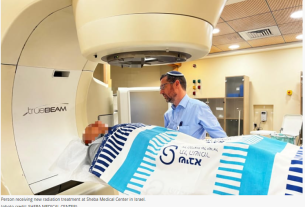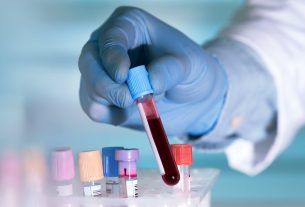£650m genomic initiative aims to shift focus from treatment to prevention
The NHS is set to begin sequencing the DNA of every newborn baby in England as part of a major initiative to predict and prevent disease, according to plans outlined in a forthcoming 10-year strategy for the health service.
The ambitious programme, first reported by The Daily Telegraph, is part of a broader £650 million government investment in genomic medicine. By 2030, officials hope to integrate advanced gene sequencing and artificial intelligence into routine care to deliver earlier diagnoses, faster treatment, and personalised disease prevention.
Health Secretary Wes Streeting described the initiative as a fundamental shift in the way healthcare is delivered: “With the power of this new technology, patients will be able to receive personalised healthcare to prevent illness before symptoms even appear—helping them live longer, healthier lives and easing pressure on NHS services.”
Currently, newborn screening in the UK involves a heel-prick test that checks for nine rare but serious conditions, including cystic fibrosis and sickle cell disease. Under the new plan, babies’ full genomes will be sequenced using blood samples taken from the umbilical cord shortly after birth.
The project builds on a pilot study launched in October, which aimed to analyse the genetic code of up to 100,000 babies to detect treatable childhood-onset disorders. The new nationwide rollout will expand screening to assess the risk of hundreds of conditions, including some that may develop later in life.
Genomics England, which is overseeing the initiative, plans to build one of the world’s largest genetic research databases, with over 500,000 genomes mapped by the end of the decade.
Geneticist Professor Robin Lovell-Badge of the Francis Crick Institute explained the scope of the initiative during an interview with BBC Radio 4’s Today programme. “This type of screening can identify conditions such as muscular dystrophy, some liver and kidney diseases, and many others linked to single-gene mutations,” he said.
However, Lovell-Badge cautioned that the success of the programme will depend not only on collecting genetic data but also on interpreting it responsibly. “It’s not just about sequencing DNA. You need trained professionals to explain the results to patients and families—people who can guide them through what the findings mean,” he said.
He warned that the UK currently faces a shortage of genetic counsellors, which could undermine efforts to provide families with the support and information they need.
The Department of Health and Social Care has confirmed that the new strategy will rely on a combination of genomics and artificial intelligence to “revolutionise prevention,” turning the NHS into a predictive health service rather than one primarily focused on treating illness.
The full 10-year NHS plan is expected to be published in the coming weeks.



